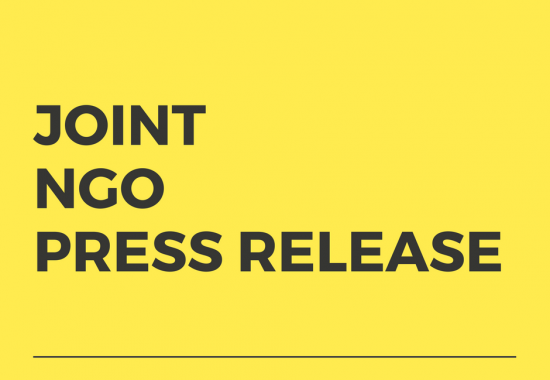We are deeply concerned at recent reports on the importation of Turkish nationals to work on a number of major construction projects. It is upsetting to read that hundreds of men will be housed in metal containers or similar make-shift structures and paid the lowest possible rates in return for what is extremely tough and strenuous work.
Under no circumstances can metal containers be considered humane treatment, and the refugee centres in Ħal Far provide ample evidence of the severe impact such living conditions have on a person’s physical and mental health. For too long, Malta has been on a path of normalising the ill-treatment certain foreigners. It would appear that the lives of those migrants filling the employment gaps of work often described as ‘what the Maltese no longer want to do’ are deemed less significant, less worthy, less human.
Malta has the obligation to respect, protect and fulfil the fundamental human rights of all persons in Malta, irrespectively of their nationality or their purpose of stay in Malta. In particular, all persons should be treated with dignity, be protected from forced labour and provided with humane conditions of employment. In this regard, human rights law and labour law complement each other in ensuring that all workers are free from abuse and ill-treatment.
Furthermore, it is unclear whether Government’s assessment as to the modalities of this ‘importation’ has taken into account the complex issues it will inevitably raise. Are relevant institutions well-equipped to ensure on-going monitoring of working conditions? Has the risk of onward human trafficking been factored and addressed? Will the workers be allowed to actually have a social, religious and personal life outside working hours? Will membership in local trade unions be permitted, so that their right to free association can be guaranteed? How will Government prevent and tackle the negative and possibly violent response from far-right or other disgruntled sectors?
We are also keen to underline that Malta’s recent ratification of the ILO Protocol on Forced Labour is in stark contrast to this situation and to the broader and on-going treatment of migrant workers. Notably, the Protocol highlights that:
“there is an increased number of workers who are in forced or compulsory labour in the private economy, that certain sectors of the economy are particularly vulnerable, and that certain groups of workers have a higher risk of becoming victims of forced or compulsory labour, especially migrants.”
ILO Protocol on Forced Labour.
The political argument appears to be that ‘our’ future security and wellbeing depend on the importation of a cheap labour force. It would also appear that the security and wellbeing of these workers are ruthlessly set aside. It is unfair, irresponsible and morally questionable for Malta to transform its economic success into a burden on the shoulders of foreign workers. Malta remains bound by legal standards that demand the full respect for human dignity, yet it seems that our understanding of these standards is limited to the protection of our own economic well-being.
We therefore strongly urge Government to ensure that these Turkish workers, and all other foreign workers, are guaranteed the legal, social and judicial protection they are entitled to. In particular, it is imperative that Government demands that employers fully comply with national standards and that, in default, effective sanctions are imposed. Essentially, we underline for Malta to truly commit to social justice and social inclusion, by extending these values to all within our society, including the most economically vulnerable migrant workers.

